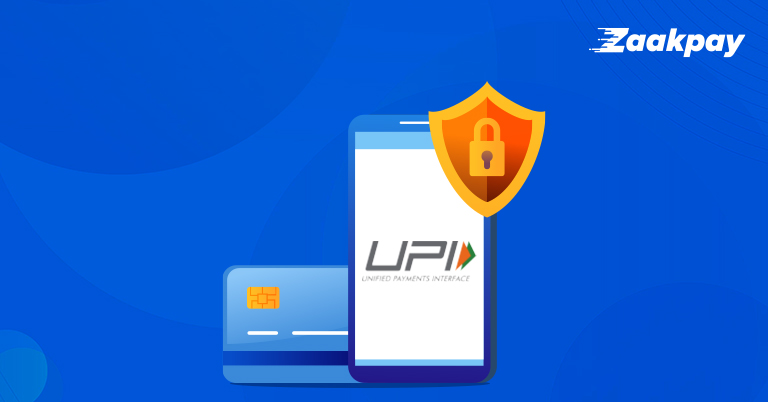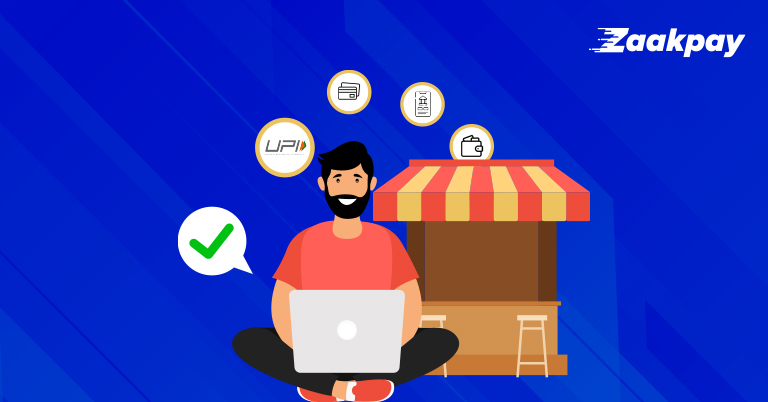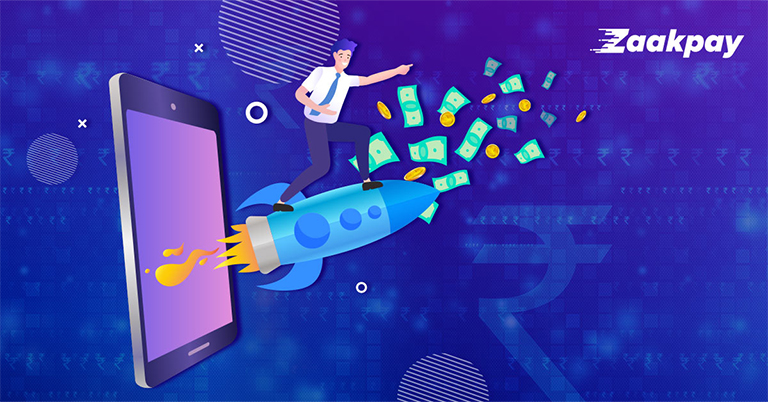Ever since its establishment in 2016, Unified Payments Interface, or UPI, has grown remarkably to serve the needs of the Indian payments market. According to research, UPI payment providers recorded nearly 2.8 billion digital payment transactions totaling about five trillion Indian rupees in 2021. However, with its popularity, the number of scams and frauds has increased multiple times with UPI payment. This prompts immediate action from merchants and online businesses to help safeguard their payment accounts from internet payment fraud.
5 Tips you should learn to protect yourself from such frauds
- Don’t share your financial details
UPI is authenticated by a four or six-digit Mobile Personal Identification Number or MPIN, which is used for scan and pay, or direct UPI transfer payments. A general rule of thumb that must be followed is to set an MPIN that’s difficult to crack and not identical to your regular ATM PIN. It should not be shared with others under any conditions.
Other payment details such as card numbers, CVV, etc., must be equally protected. In fact, for merchants using UPI payment gateways, like Zaakpay, the need to disclose target account numbers or UPI is also eliminated which works as an additional safety feature for your financial data. The UPI service providers may send OTP to your contact numbers for further verification purposes, which, as mentioned, must be protected.
- Check the UPI ID
The UPI ID is an identifier that tracks an account uniquely. It is different from the actual bank account and identifies the users. UPI payments are made through one UPI ID to the other using direct payment or scan to pay. You need to ensure that the transaction is being made to the correct ID as the simplest errors can change the account to which the payment is being made.
Fake UPI IDs that look identical to those that receive high volumes of transactions are commonly used by fraudsters to gain your money through fraud. A way to avoid such a situation is to use the scan to pay feature available in your UPI applications that allows you to skip entering the UPI ID altogether. If the need arises, thorough checking of UPI ID before transacting money is essential.
Even during payment collection, merchants must check for shady or fraudulent-looking UPI IDs, and the merchant must not proceed with the transaction further.
- Don’t use your UPI pin if you are receiving money
It is essential to know that UPI PIN is needed to be entered only while making a transaction. When receiving money, the system never asks for a UPI PIN. Merchants accept direct UPI payments into their accounts instead of using a UPI gateway, making them vulnerable in the market. Users’ negligence towards this simple fact leads to many UPI frauds, out of which merchants are the primary victims.
An ideal scenario for fraud is when miscreants connect with merchants over call or text to pretend to be a customer. They ideally place an order for a product and choose to pay via UPI transfer. However, instead of paying, they share a request for payment to the merchant’s contact number. Such frauds are easily recognizable as the merchant’s UPI application would ask for a UPI PIN.
Gullible merchants fall prey to this and enter their UPI PIN, considering it a requirement for receiving payments and end up sharing their PINs with fraudsters. The conclusion here is that one must never enter a UPI PIN unless making a transaction from their own end. For merchants, the easiest way to avoid such fraud is by accepting payments through some UPI payment gateways like Zaakpay.
- Be wary of scam KYC calls
Know-Your-Customer or KYC is a verification formality conducted by most banks or other financial institutions. Banks or financial institutions never call their customers requesting an immediate KYC. The customer is mainly asked to visit their nearest branch or access their online portal in an emergency(if any). Fraudsters use scam KYC calls asking for your account details for illegal payment collection.
Merchants should not fall for any such practices that claim to conduct KYC over the phone call and notify the concerned bank authorities as soon as possible. Additionally, they should disclose any personal internet payment information on a phone call under no condition. You must remember your bank will never ask for such details in the first place.
- Avoid using screen sharing applications
Merchants must avoid using screen-sharing applications while using UPI gateway services. Scamsters often make users install screen-sharing applications on the pretext of KYC or some other issue. They then track a user’s activity to take note of their personal information.
Frauds can also gain remote access to the user’s device through such applications. After gaining control, they initiate online payments through the users’ accounts. The best way forward is to avoid using such applications in the first place.
Conclusion
UPI is here to stay. With a secure network backing the framework and a simplistic approach to payments via modern facilities like scan and pay, the industry is a boon. Zaakpay offers a range of innovative features that businesses can leverage to capitalise on the benefits of UPI.
Follow Us on:

